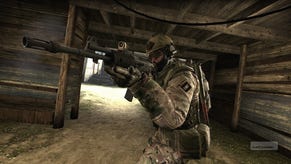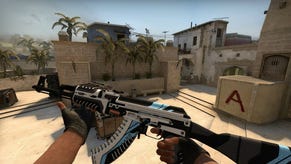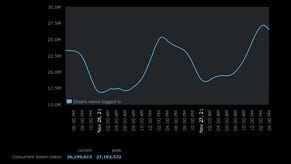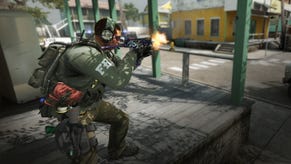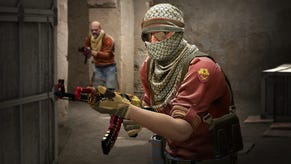ESL to test pro Counter-Strike players for cannabis use during Cologne tournament
First eSports drug testing bids to weed out cheaters.
The Electronic Sports League will randomly test professional players for cannabis, among other banned substances, during its next tournament as part of its new anti-doping effort.
Last month the ESL, the world's largest eSports events company, announced plans to begin begin randomised testing for performance-enhancing drugs (PEDs). The first event to feature the tests is this month's ESL One Cologne, during which $250,000 is on the line for Counter-Strike: Global Offensive players.
The decision to begin drug testing - a first for eSports - followed the public admission by pro player Kory "Semphis" Friesen that he and his team had all used the amphetamine adderall at a recent event.
Friesen's comment broke the long-held silence around doping in eSports - something that has been spoken about previously, but never by an athlete choosing to go on the record.
An extensive investigation into the issue, penned earlier this year for Eurogamer by Simon Parkin, found no professional eSports players willing to risk their career by admitting drug use.
Now, the ESL has detailed how it will test players, and for which substances. It's using a list created by the World Anti-Doping Agency (WADA) that includes the likes of steroids and hormone and metabolic modulators. There's even a WADA prohibited list iPhone app.
"This means that no player should take drugs/medication that contain ingredients from this list, as this may cause them turning in positive tests results," ESL said in a statement posted to the Counter-Strike: Global Offensive subreddit.
ESL said it would use saliva tests, rather than skin tests - a decision it took after talking with the various authorities.
"Tests will be performed at our discretion at any time during tournament days, and will take place in a designated testing area. Naturally, player's privacy comes first," ESL said.
Interestingly, the ESL makes a point of stressing it's banning the use of cannabis during the competition, but not before or after the event - despite it being on the list of prohibited substances.
"This means that recreational use of it outside (before) the event days will not be punished," ESL said. "Using it during the tournament - from the start of the first day until the end of the last day of competition - is strictly prohibited."
ESL's stance on cannabis is in-line with WADA's classification of the drug, which lists it as prohibited in-competition. And given players face a saliva test, which typically detects cannabis use during the previous 24 hours only, it sounds like ESL is simply trying to prevent players from turning up stoned to its event, and isn't too bothered by what they get up to outside of it.
ESL One Cologne will only see randomised tests, but the organisation said it may perform a larger number of tests at a later stage. It'll let players know if it does.
After the light was shone onto the use of adderall during eSports tournaments, some wondered how ESL and other organisations would tackle those with a prescription for the amphetamine.
ESL said anyone with a legitimate prescription for medication such as adderall that contains one or more of the banned substances must disclose it as soon as possible, and no later than the first match is scheduled to start. These players have to provide proof, such as a letter from a physician, that they need this specific medication.
On to punishments. Anyone who tests positive is subject to a range of punishments that includes prize money and tournament points being deducted, disqualification and up to a two-year ban from ESL events.
"We will look at each case separately and once again ensure player's full privacy."
All eyes turn to ESL One Cologne. Will eSports' first drug test initiative pay off?



